B. Ondruš: The exploitation of human labor is a problem that still persists in the EU

Brussels – EU countries could do more to control the labor rights of Union employees working in another member state. This was stated by Slovak MEP Branislav Ondruš (independent/Hlas-SD), who organized a working discussion on the abuse of human labor in the EU on Tuesday at the European Parliament (EP), reports TASR correspondent.
The guest of the event was Czech investigative journalist Saša Uhlová, who published the book “Heroes of Capitalist Labor in Europe”.
The European Commission always emphasizes the social aspects of new legislation and the need to protect the EU’s social pillar. The European Parliament votes in favor of proposals to support workers, yet cases of worker exploitation still occur.
Ondruš reminded that at both the national and EU levels, workers’ rights are well defined, but the problem lies in their enforcement and the fact that not all employers respect the rights of migrant workers between EU states, especially those from Central and Eastern European countries who come to work in the West.
“We may partially need to modernize the legislation, but above all, we must strengthen the enforcement of labor inspections and the control of working and living conditions that these people have. They often, unlike employees from the West, are not even aware of their rights, no one informs them about it,” he said.
He added that these are people coming from even poorer conditions than those of the poor in the West and are happy to have the opportunity to earn. But they do not know that they can work in better conditions and for better pay.
“By allowing themselves to be exploited, they harm themselves, but also others who come under threats like, ‘if you don’t want to work, there are ten others waiting outside,'” he explained. Ondruš believes that EU countries are not sufficiently effective. He demands that cooperation between labor inspectorates be deepened at the EU level and that countries involve trade unions more in monitoring the working conditions of foreign workers, especially regarding their working conditions, meaning that states should delegate these powers to unions.
He advocates for better information sharing among member states about migrant workers, as well as closer cooperation, which should stem from the evaluation report of the European Labor Authority (ELA) in Bratislava. He can imagine broader inspection powers for the ELA, possibly joint inspections in countries with a high incidence of foreign workers, with inspectors from the countries of origin of those workers. This, he believes, will help eliminate language and cultural barriers. At the national level, he sees greater involvement of trade unions as a benefit.
The persistent problem is recruitment agencies and job advertisements whose offers do not match reality. Ondruš claims that such agencies, as well as temporary employment agencies that employ people and then send them to work in the West, must have signed contracts with employers seeking workers. He advocates the concept of “joint responsibility,” which means that both the employer, not just the agency providing the job, should be punished for failing to fulfill the promises made during the recruitment of workers. (May 13)
What's Your Reaction?
 Like
0
Like
0
 Dislike
0
Dislike
0
 Love
0
Love
0
 Funny
0
Funny
0
 Angry
0
Angry
0
 Sad
0
Sad
0
 Wow
0
Wow
0





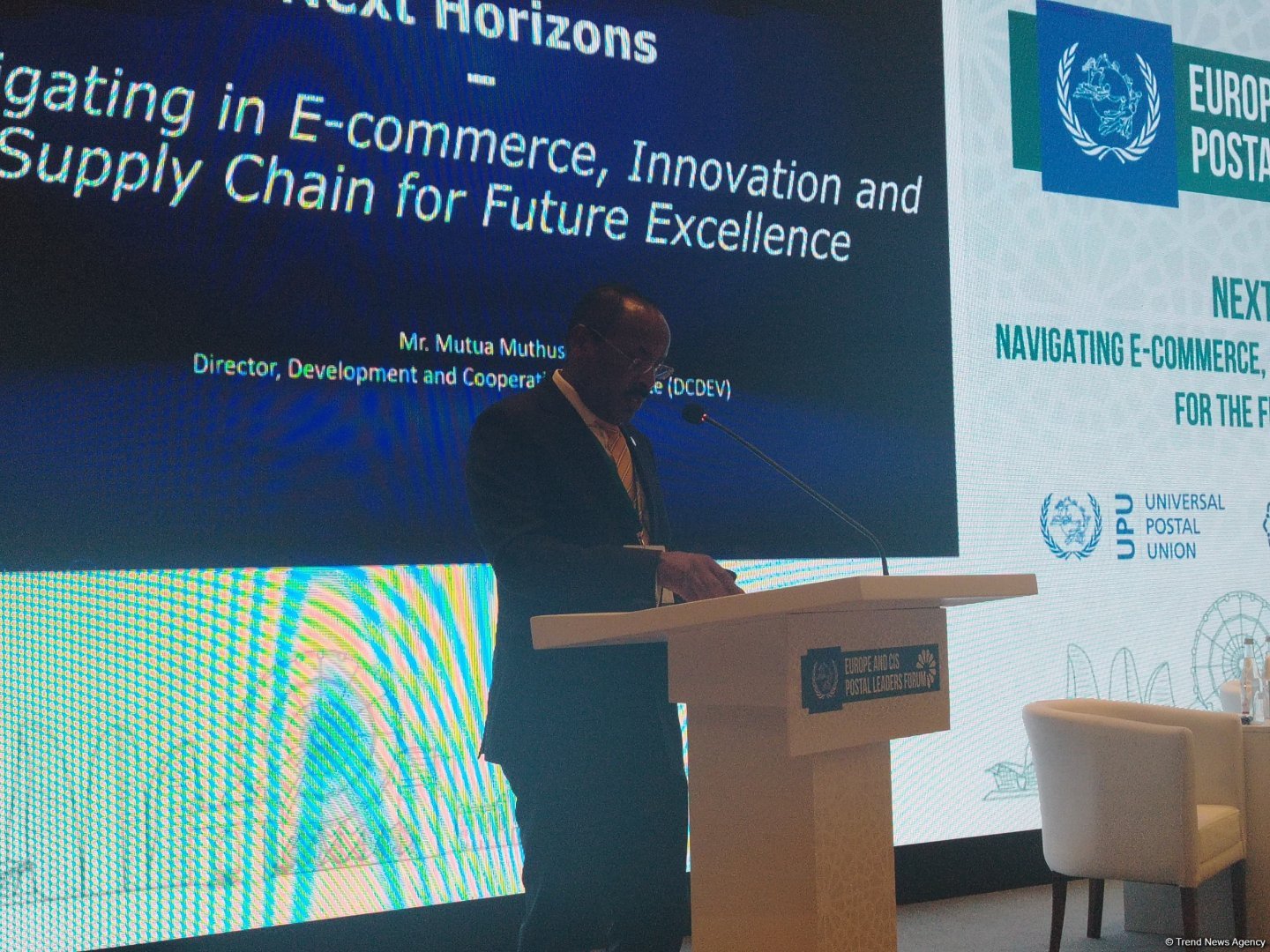
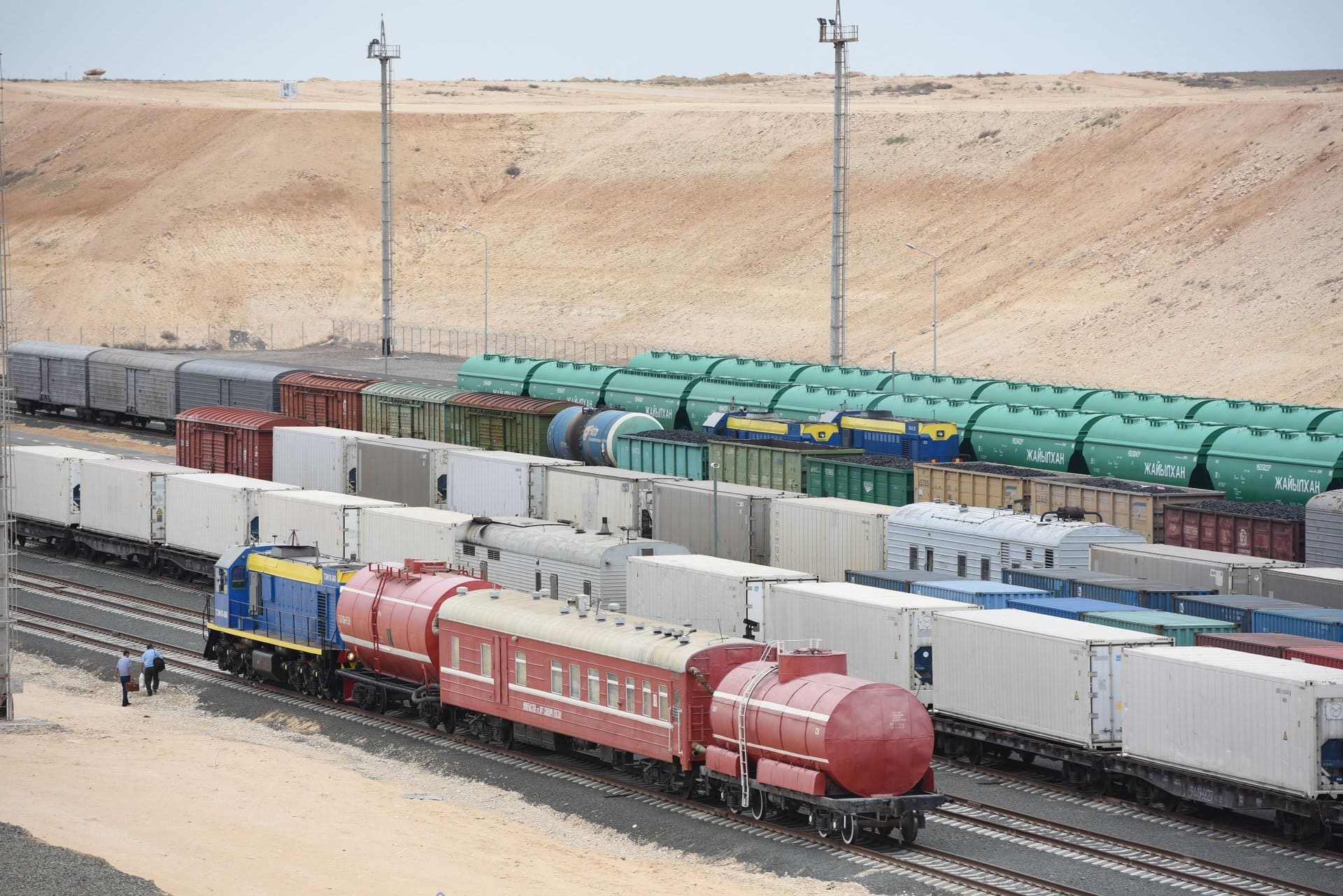

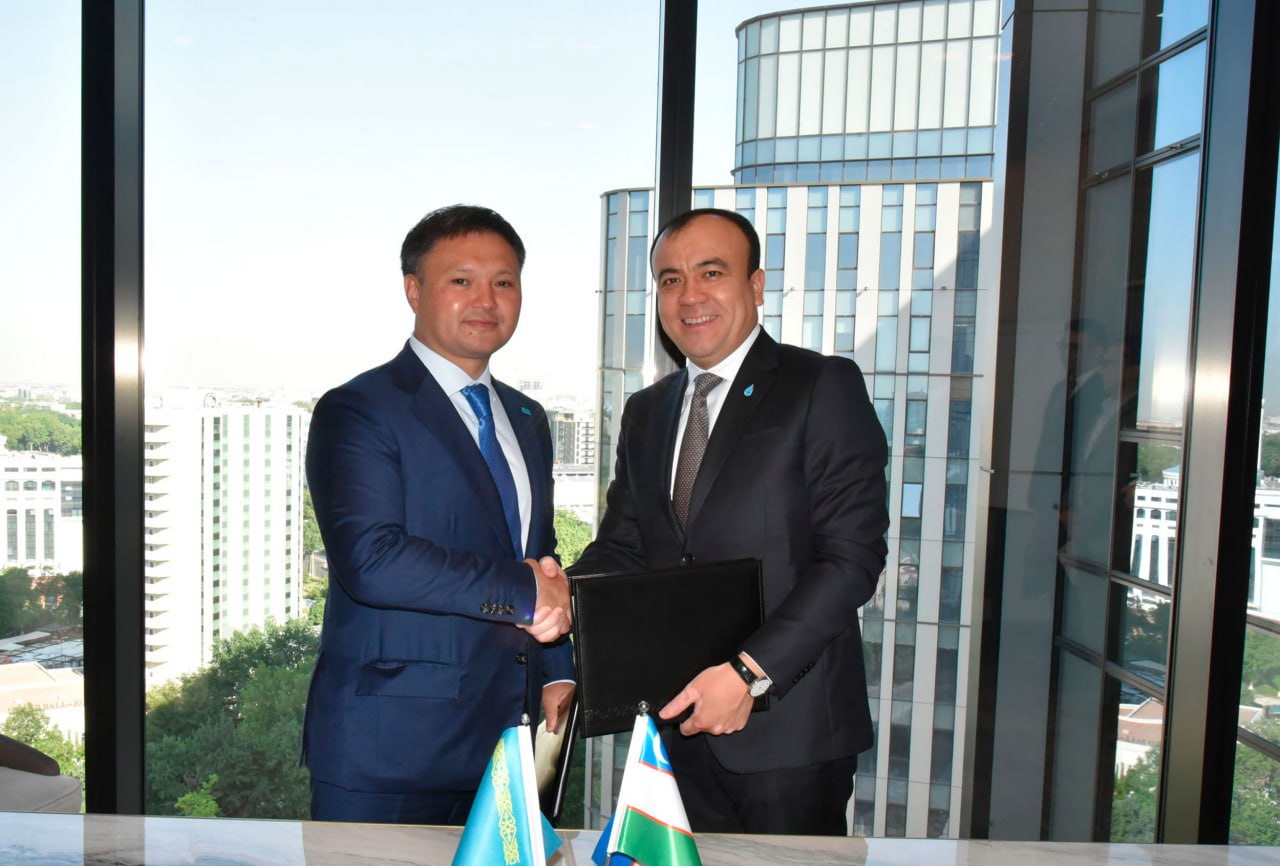























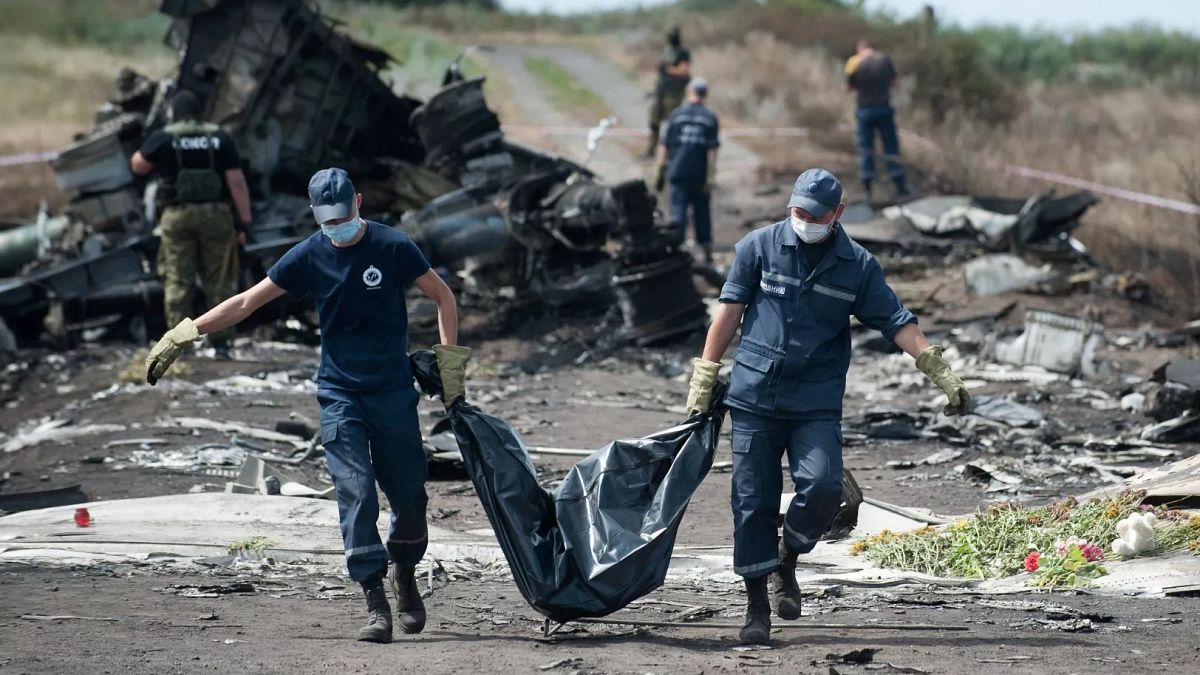






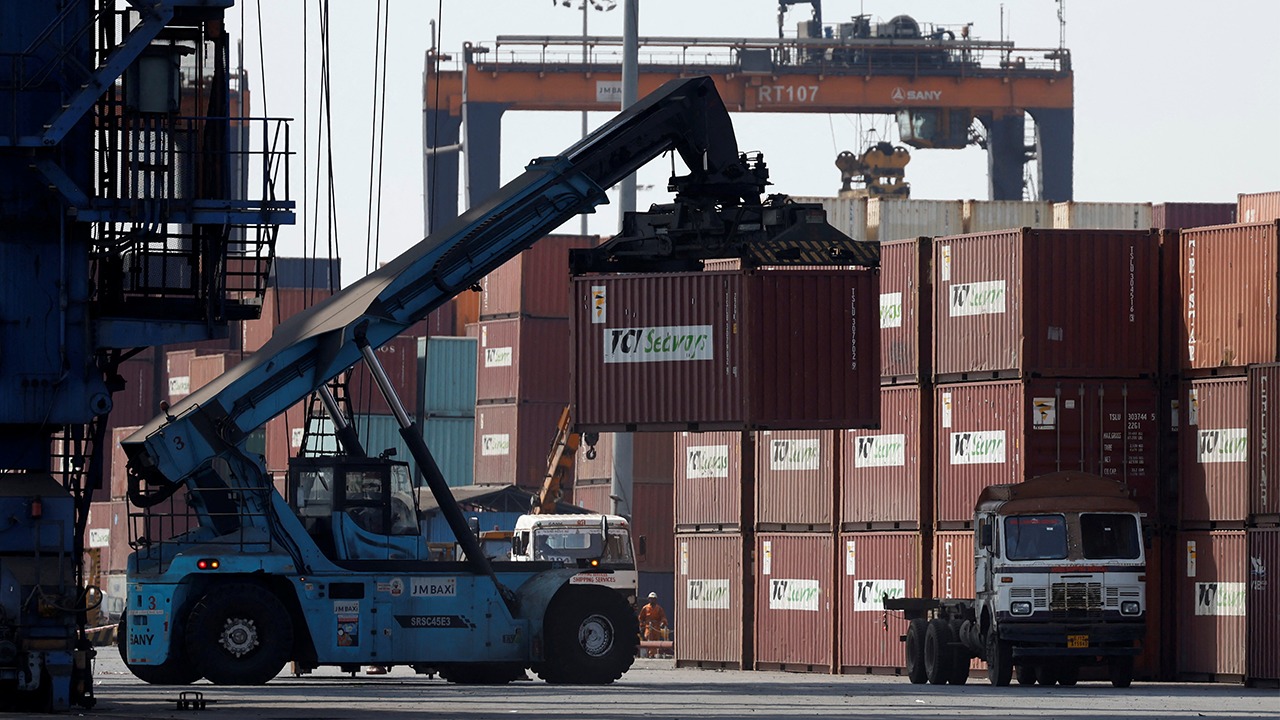








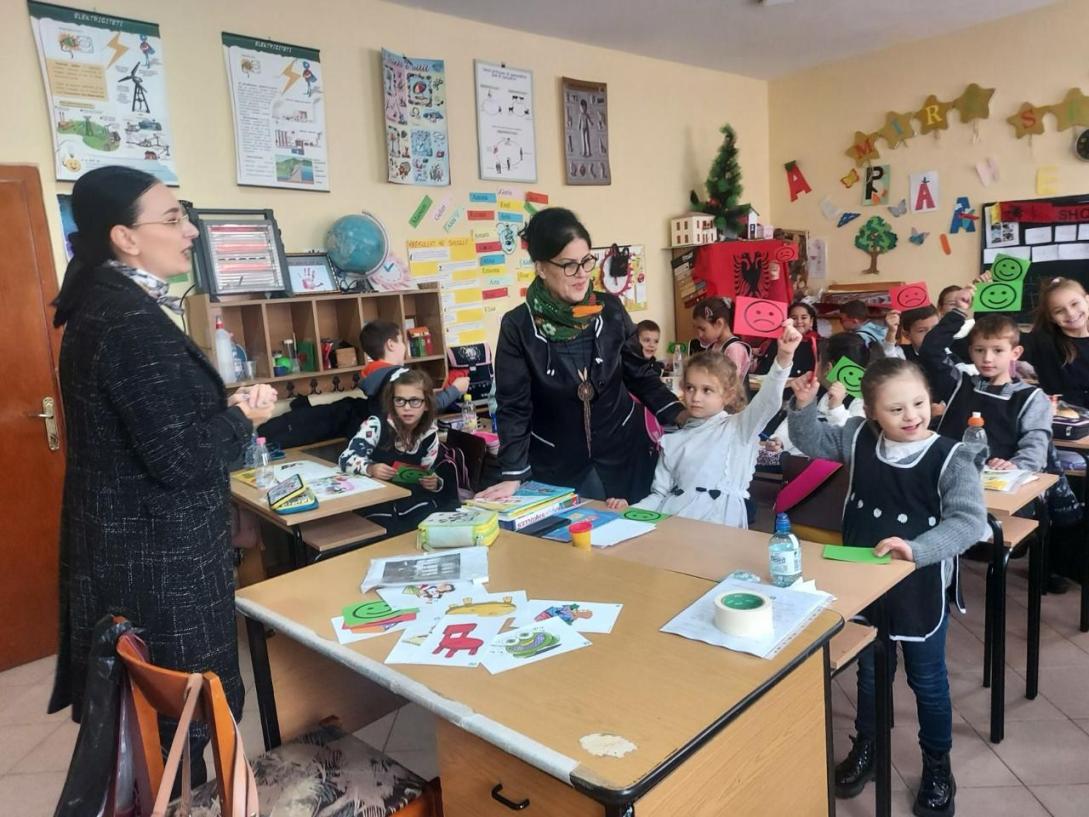
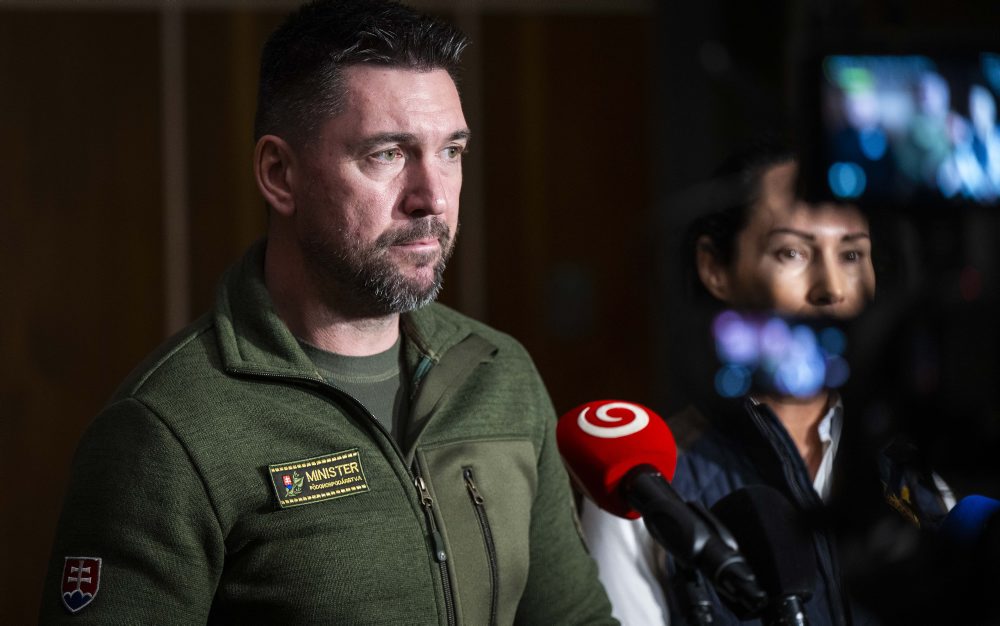
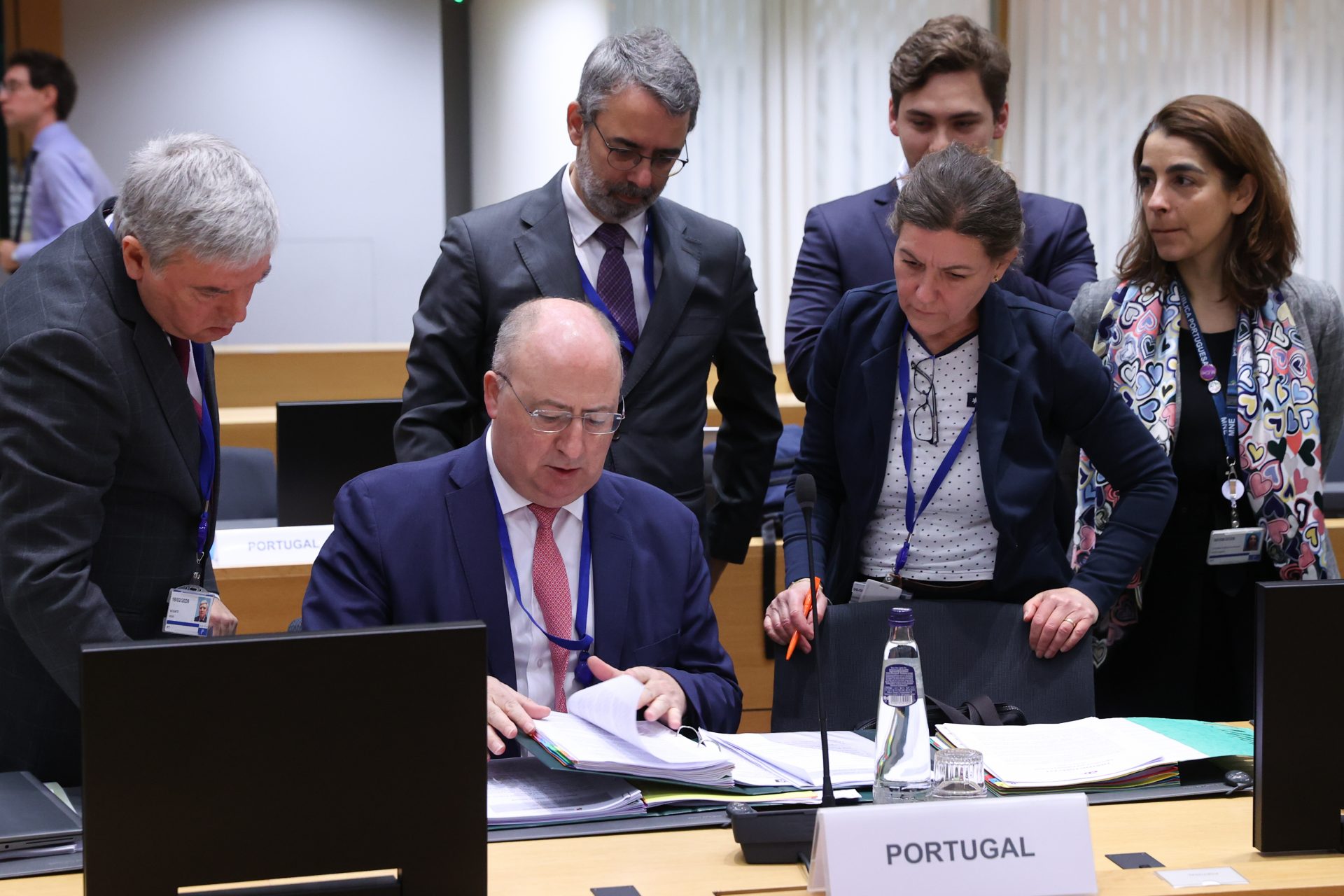



.png?Expires=1838763821&Key-Pair-Id=K2ZIVPTIP2VGHC&Signature=IO0~CT3pU-TcxGc~yoZSmoQx23MZVuK-~4jSii~NKEblRmyO3el7NXPu~Rh1o23voASg7hlcHLw4kvQuDK1jssEhcjoNBBvEpZ~GGOAU6yosBhpHpeF179F~h7i6VxmsBNh9gtTutkoqY73O2YCFey~IAqSzKbBqETP1kP9cAg1916Z1YkJJs-5MliMrkZ5d7-mWGLbpHp2wGj2VlMph8XzYlL4~y1O7fB~JdIS~Rs4RMRs2x0WT1qUIpHAsf3GdwtOyAmKFSpIg8xCyNGZZ5h~13nXlmpd7uPvW8tBfttpG9pFTqcway-uch5WyfHOEfi7UlJCOWrr6fCYY5PMgSg__)






